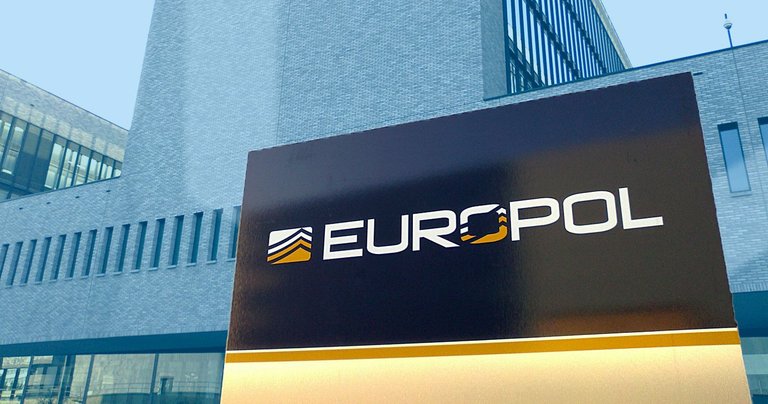Head of Europol Rob Wainwright, who heads the agency for nine years and now plans to leave for Deloitte Corporation as a senior cyber partner, told Reuters that modern technologies, including crypto-currencies, contribute to the growth of the slave trade.
According to Wainwright, modern technologies (such as messengers, blocking and crypto-currencies) "reduce the entry threshold" for access to the criminal world and thus contribute to the growth of trafficking in people in European countries. He added that the technologies translate slavery into "darker corners of the world," where the methods and capabilities of law enforcement agencies are "not as strong as offline."
The latest developments in technology make it easier for traffickers to search for potential victims, and also allow them to expand their networks and successfully hide criminal activities. For example, one of the obstacles in the work of special services is the anonymous nature of these technologies.
Wainwright noted with regret:
According to some judicial standards, the police can intercept calls by phone, but not in WhatsApp. In our criminal justice system there is an imbalance.
The income from the sale of people is now about $ 150 billion a year. In slavery are about 40 million people around the world.
However, the head of Europol does not see a clear evil in the development of technology. He says:
... Technologies also serve as a fantastic tool for law enforcement.
Blocking and crypto-currency technologies support the agency in combating the activities of slavers; the latest developments help to track digital traces of criminals, as well as understand the principles of modern criminal networks.
In 2017, Europol recorded an increase in the incidence of slavery and trafficking in persons by 14%. In February, Wainwright stated that 3-4 billion British pounds ($ 5.5 billion) out of approximately 100 billion illegal money are laundered using crypto-currency.
Europol coordinates the work of employees of about 1,000 law enforcement agencies from 40 countries. The Agency actively uses in its activities such modern technologies as algorithms, artificial intelligence (AI) and machine learning.